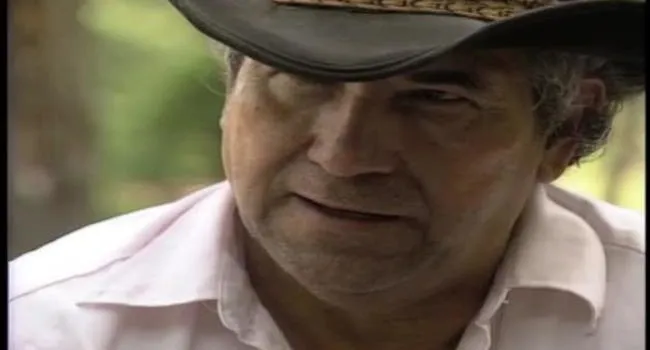Each morning, Oscar Pratt, Chief of the Santee of Holly Hill, drives 30 miles to Walterboro, where he is the supervisor for a steel company. After work, he is usually in his fields until dark, and then in the hog pen until 10:00 p.m. at night. The land, working the land, and making sure that it remains his family's land, is of the utmost importance. Those who have moved away have no land to come back to. It is important to Pratt to have land that his family can return to. The family has lost its land, over the years, through sale and foreclosure. Though the tribe was not recognized, they were required to attend a separate school for Indians. Pratt wishes for jobs, so that everyone could return to their community, and buy back the land that was lost. He also wishes to be looked up to.
Those Who Remain: Santee - Episode 3
Kaltura





